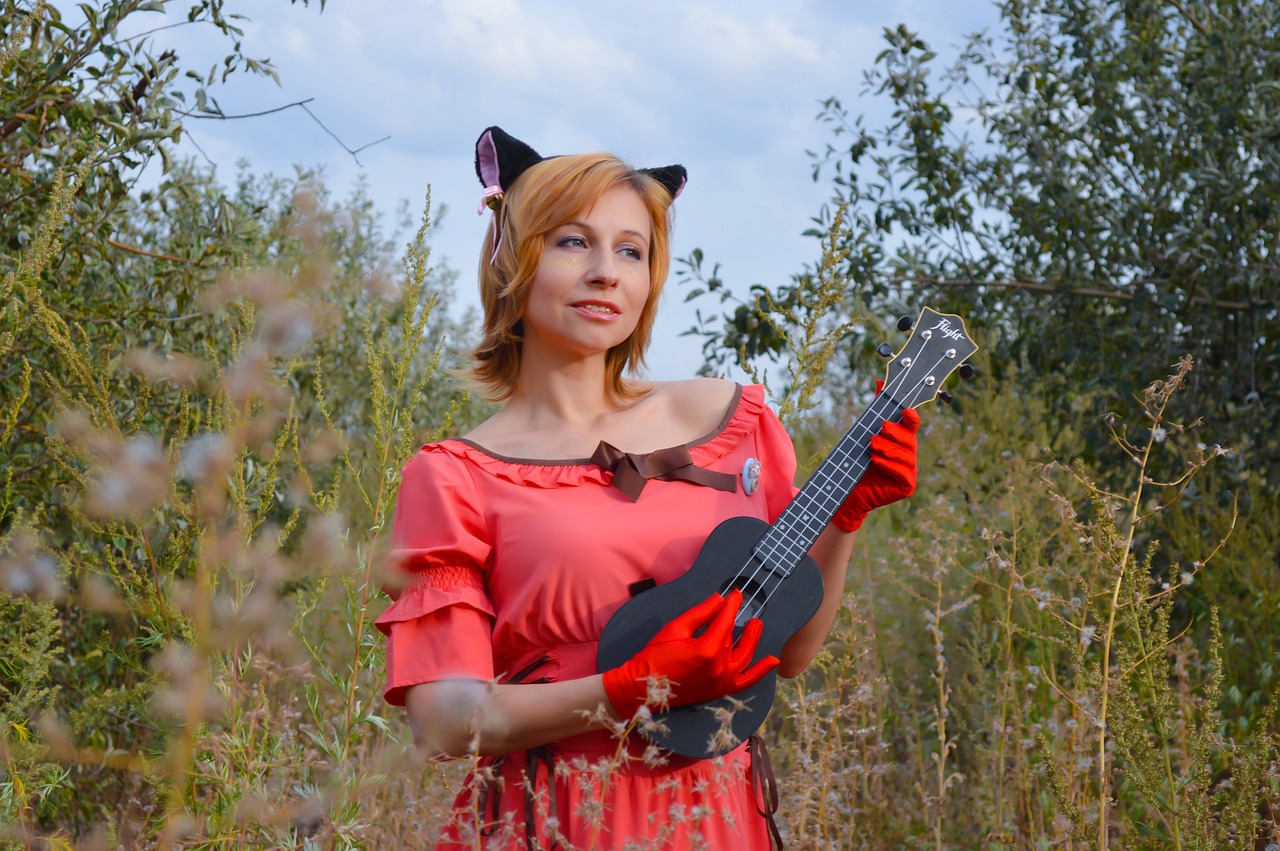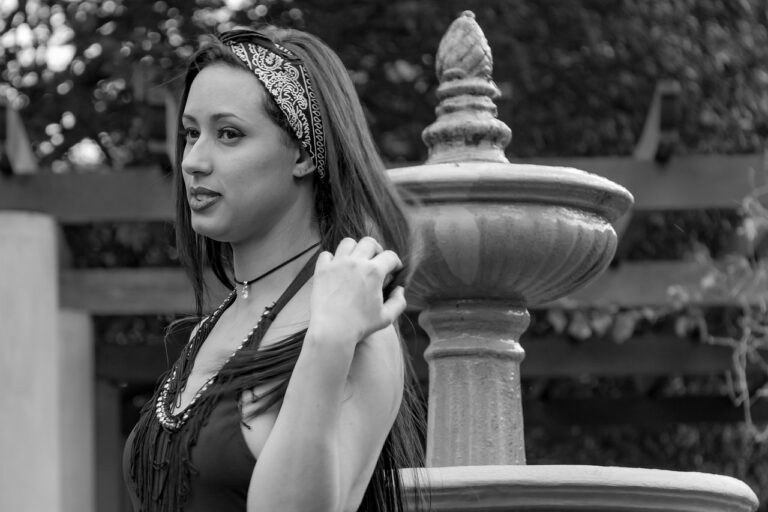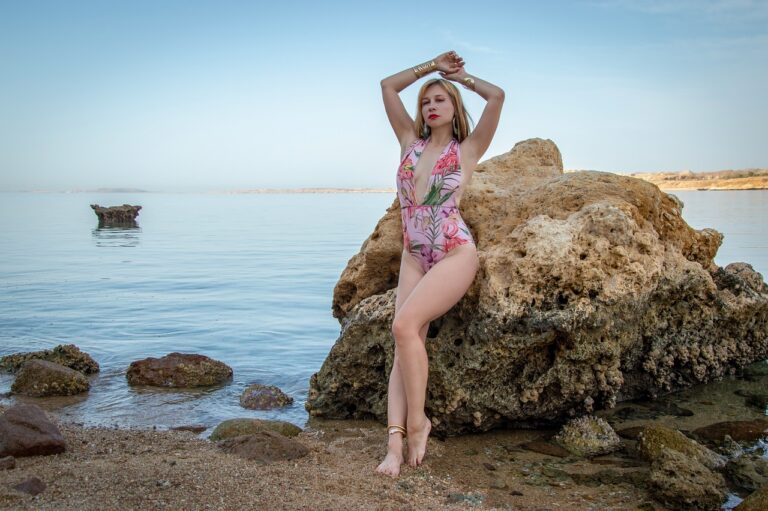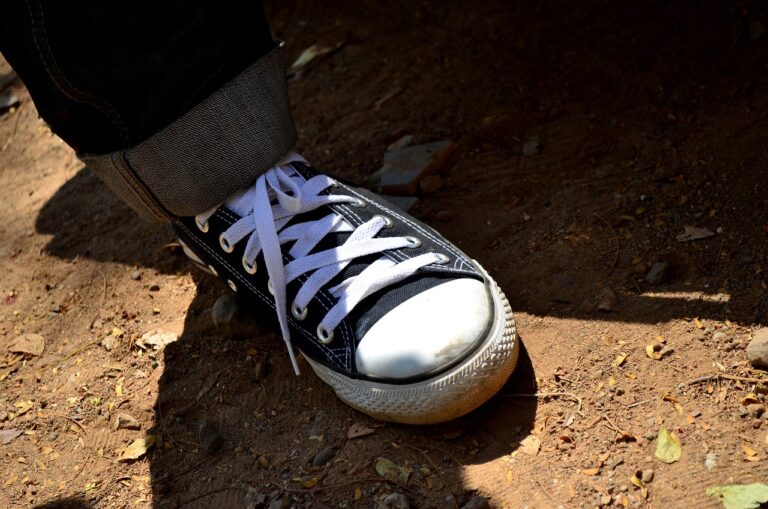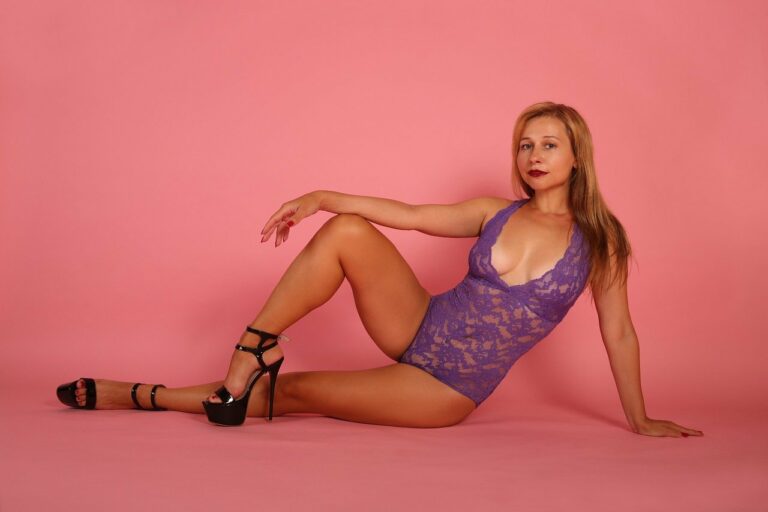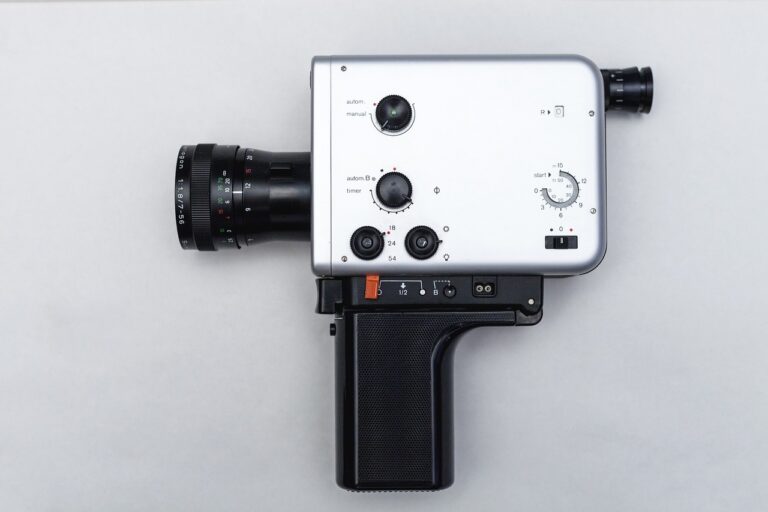Fashion and Historical Sociology: Exploring Style Through Societal History: 99 exch, Lesar 247.com, Yolo247 login
99 exch, lesar 247.com, yolo247 login: Fashion and Historical Sociology: Exploring Style Through Societal History
Fashion has always been intertwined with society and culture. What we wear is not just a reflection of personal style, but also a representation of societal values, norms, and trends. By studying the history of fashion through the lens of historical sociology, we can gain a deeper understanding of how clothing and style have evolved over time, and the impact they have had on society.
The way we dress is influenced by a myriad of factors, including economic status, social class, gender roles, and political ideologies. By examining fashion trends throughout history, we can see how these factors have shaped the way people dress and present themselves to the world.
In the Middle Ages, for example, clothing was used as a way to display wealth and social status. The elaborate and extravagant garments worn by the nobility were a symbol of power and prestige, while the simple and practical clothing worn by peasants reflected their lower social standing.
During the Renaissance, fashion became more about self-expression and individuality. The rise of the middle class led to a new emphasis on personal style, with people using clothing as a way to showcase their creativity and taste.
In the 20th century, fashion became even more intertwined with societal change. The flapper dresses of the 1920s were a symbol of women’s liberation, while the hippie style of the 1960s represented a rejection of mainstream values and a desire for peace and equality.
Today, fashion continues to evolve and adapt to the changing world around us. Social media has transformed the way we consume and interact with fashion, with trends spreading rapidly and styles changing at a faster pace than ever before.
By studying fashion through the lens of historical sociology, we can gain a deeper appreciation for the role that clothing and style play in society. Fashion is not just about looking good – it is a reflection of our history, culture, and values.
**The Evolution of Fashion**
*Ancient Civilizations*
– From togas to tunics: Clothing in Ancient Rome
– The intricate embroidery of Ancient China
*Medieval Fashion*
– The influence of royalty on fashion
– The rise of fashion guilds in Europe
*Renaissance Fashion*
– The birth of haute couture
– From corsets to crinolines: The changing silhouette
*Industrial Revolution Era*
– The impact of the sewing machine on fashion
– The rise of department stores
**Modern Fashion Trends**
*20th Century Fashion*
– The influence of Hollywood on fashion
– The impact of World War II on clothing design
*Contemporary Fashion*
– The role of sustainability in the fashion industry
– The rise of streetwear and athleisure
**Fashion and Society**
*Fashion and Gender*
– Breaking down gender norms in fashion
– The evolution of men’s and women’s fashion
*Fashion and Politics*
– The symbolism behind political fashion statements
– Fashion as a form of resistance
**FAQs**
Q: How does fashion reflect societal values?
A: Fashion is a reflection of societal values as it is a form of expression that responds to and mirrors the ideals and beliefs of a particular time and place.
Q: How does historical sociology help us understand fashion?
A: Historical sociology helps us understand fashion by providing a framework to analyze how clothing and style have evolved in response to societal changes and influences.
Q: What role does technology play in shaping fashion trends?
A: Technology plays a significant role in shaping fashion trends by making it easier for trends to spread, influencing the way we consume fashion, and shaping the way clothing is designed and produced.
In conclusion, fashion and historical sociology are deeply interconnected, shedding light on the intricate relationship between clothing, style, and society. By exploring the evolution of fashion through a sociological lens, we can gain a deeper understanding of how clothing has shaped and been shaped by the world around us. Fashion is not just about looking good – it is a reflection of our history, culture, and values.

